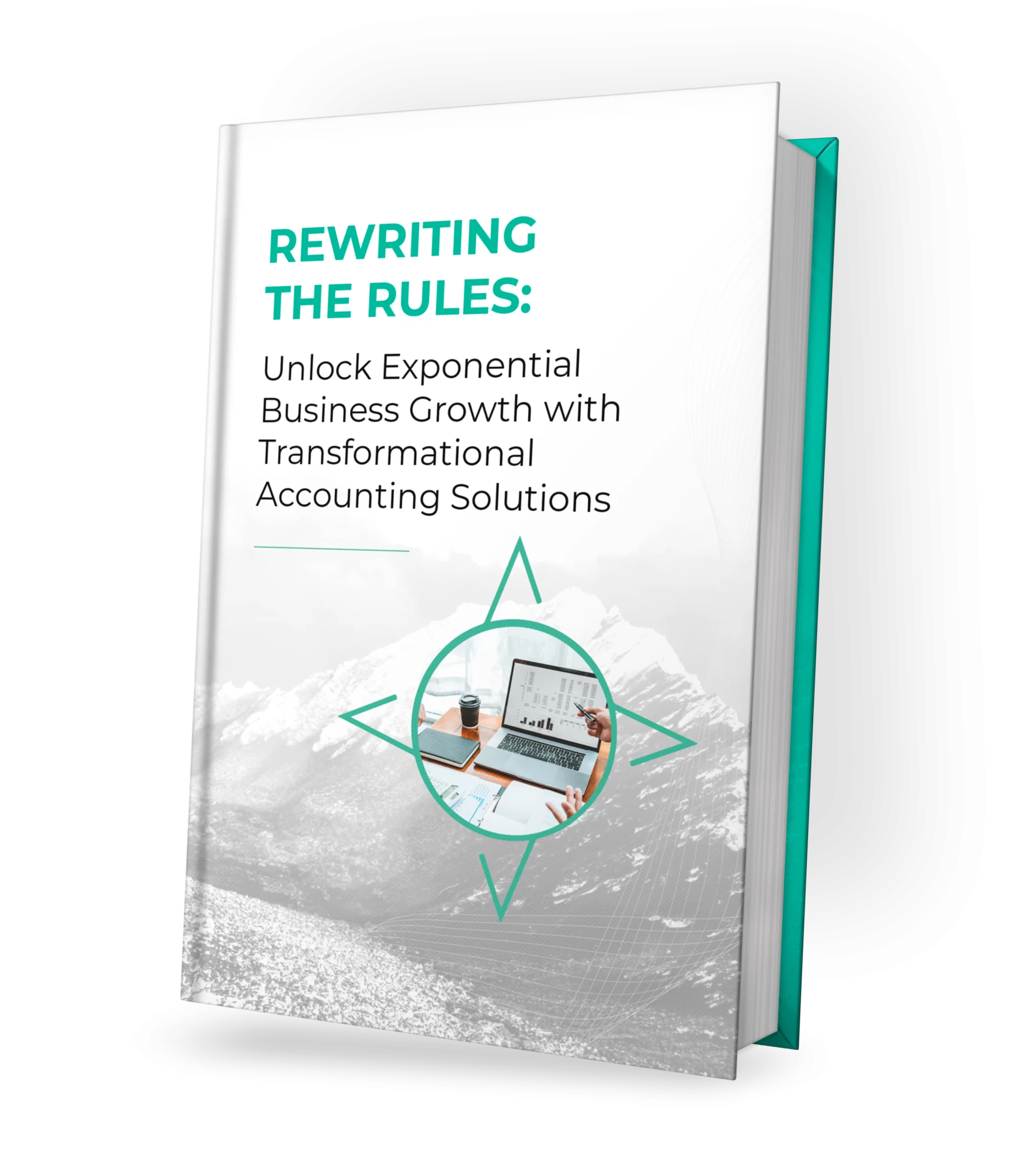What Story Do Your Financials Tell?
Every business has a story – about what they do, how they do it, and how successful they are. That story gets told through balance sheets, cash flow statements, and the chart of accountants, all of which reveal how a company manages money in the service of its mission. Hidden behind the numbers is a whole narrative about the company’s past and future.
Why Financial Storytelling Matters
Entrepreneurs of all stripes must understand that their accounting documents are more than just spreadsheets. They tell a complicated and compelling tale – one that analysts, investors, and executives alike rely on to assess the trajectory a business is on. Stepping back to see what this story says, positively and negatively, couldn’t be more important. Equally important, however, is telling the story the right way.
Here’s what we mean: with any story, the person telling it can structure the narrative to clearly articulate the details. The same is true with financial storytelling. Accountants structure the financials to be organized in a way that clearly explains the success and opportunities for improvement for an organization.
How Financial Storytelling Works
Organizing your departments, chart of accounts, and other dimensions will help any user understand the inputs and results of operations along with the financial position of the company at any time. Structuring the reports will allow readers to understand revenues, gross margins, and the operating expenses associated with the performance. Accounting may be bound by standards, laws, and best practices, but it is important that the structure of your financials have a foundation of appropriately explaining the financial story of your company.
What story do your financials tell, and how could it improve? Contact Proseer for the answers.

